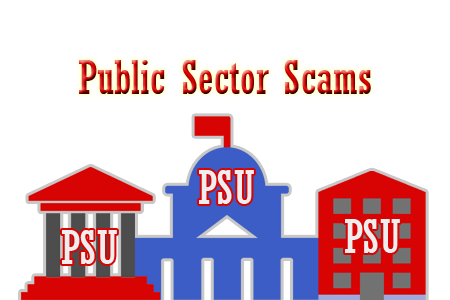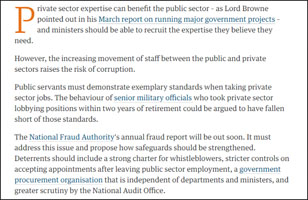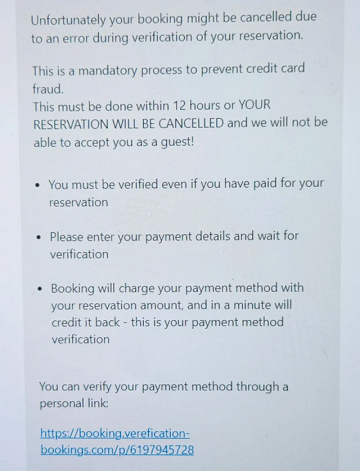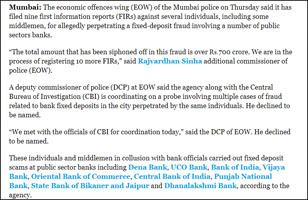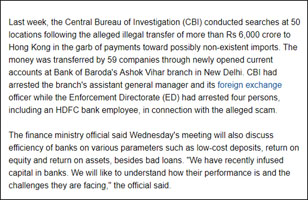Public Sector Scams
Explore the world of public sector scams and arm yourself with knowledge. Our guide covers government impersonation, financial fraud, and online schemes, providing essential insights to help you safeguard against deceptive practices in public services.
Safeguarding Against Cyber Threats: Navigating the Perils of Online Scams
Cybercriminals adeptly weave intricate schemes, specifically targeting vulnerable individuals, such as the elderly and internet novices. Exploiting the lack of awareness
regarding online criminal activities, scammers meticulously gather data, including names and email addresses, through various channels. Subsequently, they deploy mass
email and SMS campaigns, reaching unsuspecting recipients.
In the event that a recipient responds to such correspondence and divulges banking details, the scammer swiftly executes unauthorized financial transactions. It is imperative
to cultivate awareness and vigilance in order to shield oneself from falling victim to these sophisticated cyber threats.
Navigating the Perils: Safeguarding Against Financial Scams in Public Sector Banking
Financial scams have victimized numerous elderly individuals and pensioners in the past. It is crucial for the public to exercise extreme vigilance and caution when engaging in communications with unfamiliar entities. Notably, scams targeting public sector banks are on the rise, ensnaring many unsuspecting individuals in their sophisticated traps. In these schemes, criminals approach reputable banks, seeking substantial commercial loans. To bolster their fraudulent requests, they submit meticulously forged documents designed to appear indistinguishable from authentic ones.
Public Sector Scams: Insights and Guidelines for Safer Transactions
Booked a hotel in Istanbul - this is the message they send me right after I paid
I got the normal "verification" mail first with all the common information about the area, public transport, check in, breakfast and so on. Then this mail came in from the same
adress.
I called Bookings customer support, they identified it as a scam but told me that the hotel had never been flagged for any strange activity since they opened up 5 years ago.
Other than that, the hotel seems legit. Good reviews, pictures made by people on maps, street view adress and all that. I know how to check for fake hotels because I traveled
a lot through asia.
Now, booking said the hotels system might have been hacked. When I called the hotel, the guy verified that he got my reservation as well. Nothing about any additional credit
card details, payment or the like.
I'm just wondering what to do now. Seems like I got my booking. There is no cashback at cancellation so I can't do that. However, sitting around and hoping I will be able
to check in in a few weeks is also not the thing I'd like to do
Bank officials meticulously scrutinize documents and extend substantial loans, often reaching millions of dollars, to scammers. Subsequently, the scammer absconds with the
funds, severing all contact with the bank. Public sector-related scams are pervasive globally, encompassing fraudulent employment schemes. In these instances, perpetrators,
posing as recruitment specialists, advertise in leading newspapers or websites, claiming that prominent public sector banks offer various job opportunities. Many unsuspecting
individuals fall prey to these deceptive advertisements, paying substantial sums to the culprits.
The scammers, often highly educated and technologically savvy, exploit public trust for financial gain. While various government sectors combat scams and phishing, their
success in curbing these dangerous activities remains a work in progress. Public sector business scams are also prevalent, with scammers employing diverse tactics. One
noteworthy variant involves scams related to public sector select lists, where perpetrators impersonate government or bank officials. They send deceptive emails notifying
recipients of their selection as vendors or suppliers, coercing them to pay a nominal amount for processing their applications.
Numerous individuals have suffered financial losses to these scams in the past. Therefore, both vendors, suppliers, and the general public are urged to adhere to the
guidelines below when conducting business transactions via email:
Shielding Against Scams: Prudent Measures for Safer Transactions
- Never disclose personal details such as name, address, date of birth, social security number, bank account information, and other sensitive credentials to third parties or fraudsters.
- Choose not to respond to unsolicited emails or communications.
- Immediately escalate the issue to the relevant vigilance department or cyber cell for investigation and intervention.
- Challenge the scammer by requesting a phone call or inviting them to connect on social media platforms, ensuring visibility of their identity. Scammers are unlikely to engage further once faced with such scrutiny.
Scams related to public sector pages will be slightly different
Impersonating as Yellow Pages experts, scammers adopt a facade of re-engaging workers for companies, duping unsuspecting individuals into making payments. It is imperative to exercise caution and refrain from sharing personal and financial details with third parties to mitigate the risk of falling victim to such deceptive schemes. Stay vigilant to safeguard yourself from financial exploitation and maintain a strict policy of not divulging sensitive information to unknown entities.
Business Vigilance: Safeguarding Against Yellow Pages Scams and Financial Exploitation
- Be wary of individuals posing as Yellow Pages experts claiming to be re-engaging workers for companies.
- Avoid sharing personal and financial details with third parties, especially when solicited through unsolicited communications.
- Exercise caution when asked to make payments or transactions by individuals claiming to represent legitimate business interests.
- Verify the legitimacy of any unexpected communication by contacting the company directly using official contact information.
- Report suspicious activities to relevant authorities, such as the company in question, local law enforcement, or consumer protection agencies.
- Stay informed about common scam tactics and regularly update yourself on emerging threats in the online and business environment.
- Educate colleagues, friends, and family members about potential scams to create a network of awareness and protection.
- Consider utilizing secure and verified payment methods for transactions to minimize the risk of financial fraud.
- Install and regularly update reliable antivirus and anti-malware software to enhance your online security measures.
- Trust your instincts – if something seems suspicious, take the time to investigate and verify before taking any further action.
